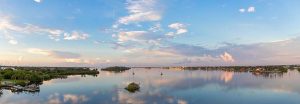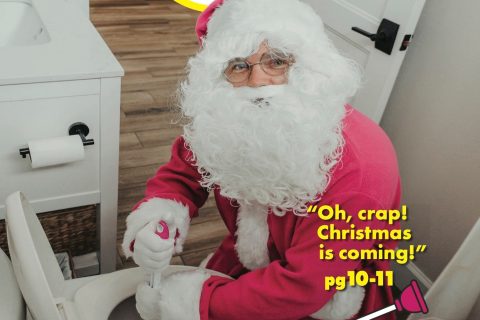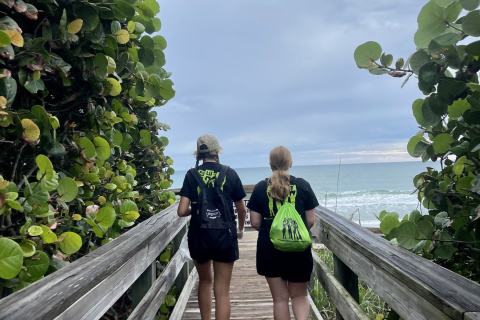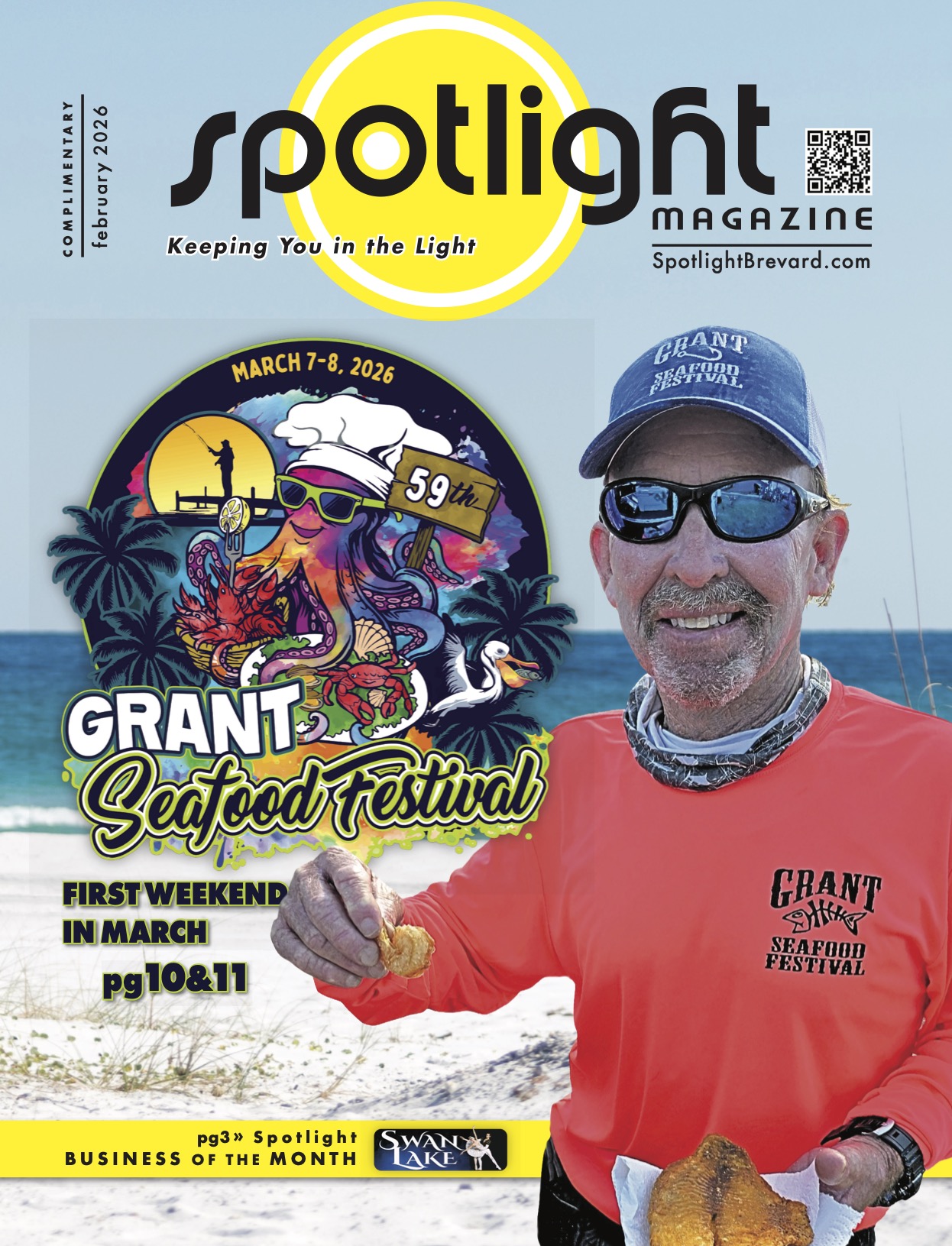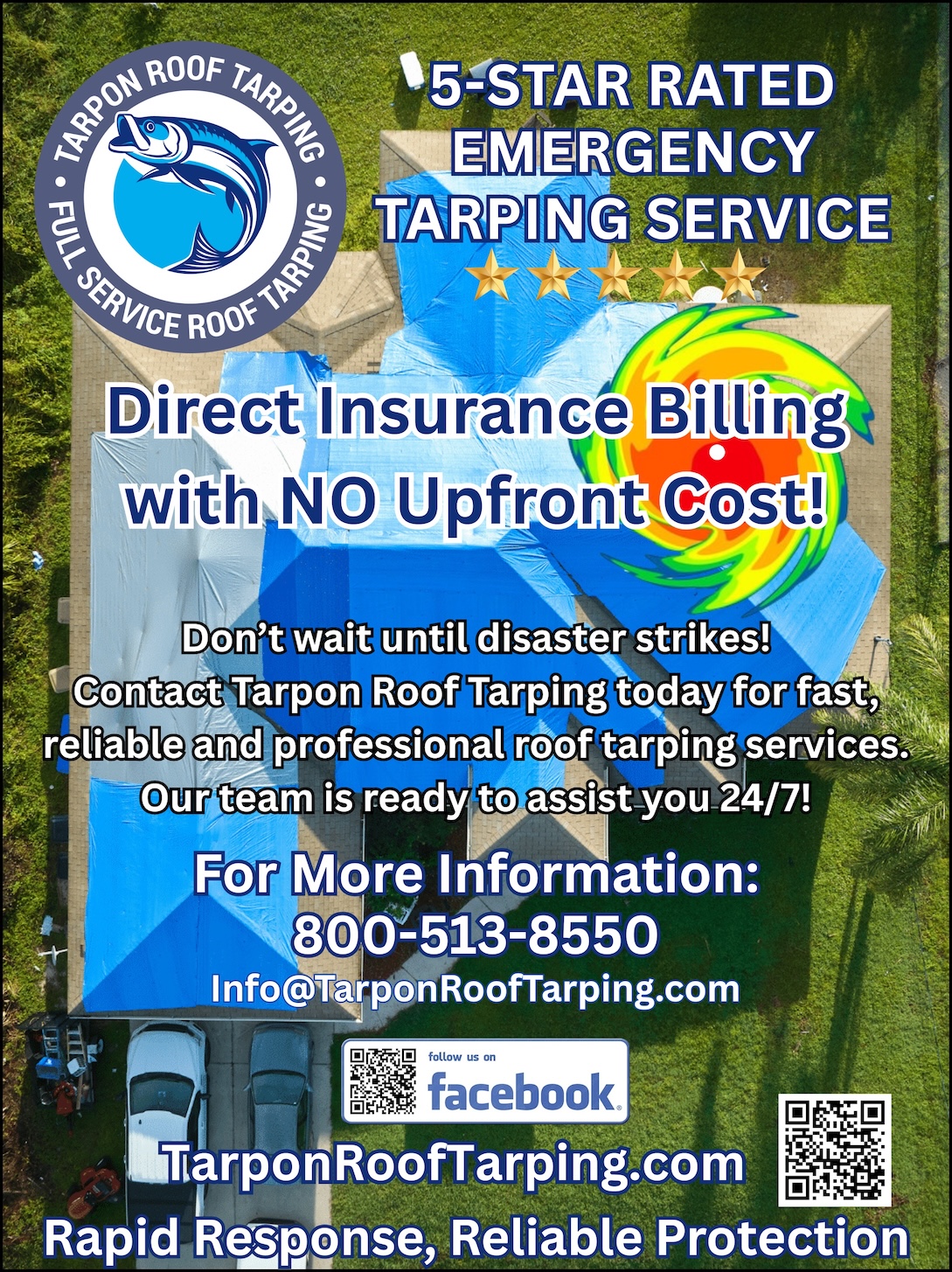IMAGINE! The Indian River Lagoon is so clear that you can wade into it and see your toes in the sand.Marine Resources Council (MRC) and its 600+ members are working hard every day to make this vision a reality. You can help by joining the Marine Resources Council as a volunteer or donating at SaveTheIRL.org. MRC members are united in restoring balance to the Indian River Lagoon coastal community of east-central Florida through science, education, and restoration programs, funded by community members like you.
From Daytona Beach to Orlando to West Palm Beach, our coastal community is experiencing a tremendous loss from the decline of our beloved Indian River Lagoon. Too much pollution in the lagoon is killing fish, birds, sea turtles, manatees, and the seagrass that is foundational to the entire ecosystem. Everyone has a role to play in stopping the pollution.
We all need to act to protect our paradise.
Make these changes to reduce pollution. Stop using lawn fertilizer. Plant a native rain garden and feed it with water collected from rain barrels at downspouts. Wash vehicles commercially rather than in the driveway. Properly dispose of pet waste. All help reduce lagoon pollution.
Contact your county and city manager and elected officials and ask them to put the LID on harmful community development. Low Impact Development (LID) needs to be adopted to reduce stormwater pollution from new developments. More information on LID can be found on MRC’s website at SaveTheIRL.org.
MRC’s annual Indian River Lagoon Coastal Community Report Card grades water quality and habitat health. The latest report card was just completed and will soon be taken to the Florida Legislature to encourage action. It will be on the MRC website and delivered throughout the region.
The report card shows that although water quality in the Indian River Lagoon is improving, seagrass continues to decline. This is deeply concerning, because historically, as water quality improved, seagrass improved. That’s no longer true and we all need to know why.
That’s why MRC members are uniting with a league of other organizations and people and calling on the state to use emergency resources to support a “1,000 Points of Life” research initiative that will engage citizen scientists and other resources to broaden water quality testing in order to find out what’s killing seagrass.
MARINE RESOURCES COUNCIL
3275 Dixie HWY NE Palm Bay, FL 32905

